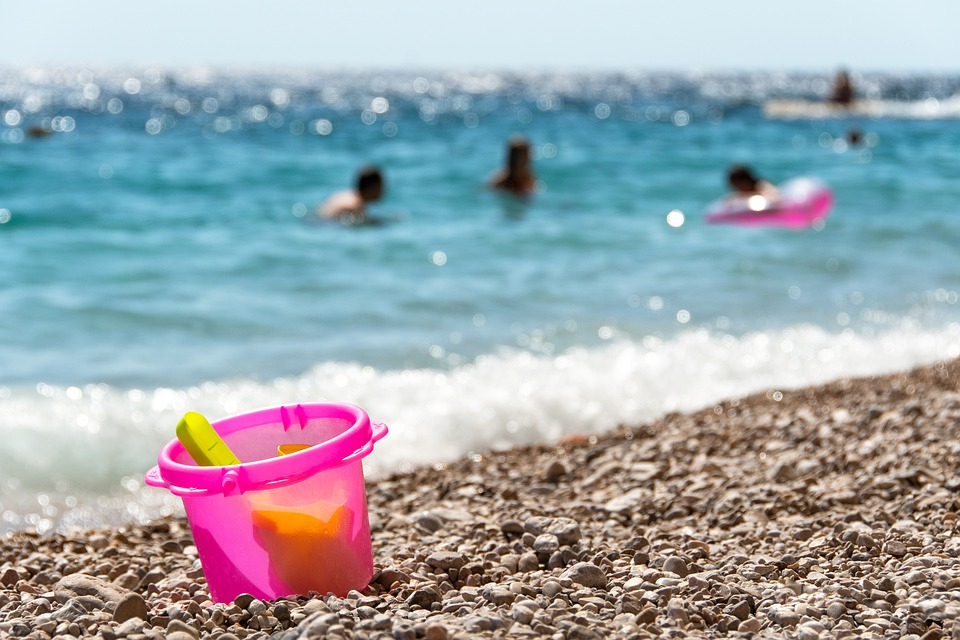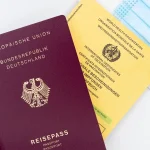As Novac/Ljubica Vuko writes, on Friday, the Office of the European Parliament in Croatia organised an online conference on the digital future of Europe and current events from the work of the European Parliament, which were discussed by Croatian MEPs Karlo Ressler (HDZ, EPP) and Valter Flego (IDS, Renew Europe).
Speaking about current events in the work of the European Parliament, the aforementioned Croatian MEPs pointed out the initiatives they’ve launched in order to better prepare for the 2021 Croatian tourist season in the current circumstances which are still very heavily dominated by the ongoing coronavirus pandemic.
Valter Flego stated that he had sent a letter with 24 signatures to the European Commission and the Council to mark Croatia differently on the European map by the European Centre for Disease Control and Prevention (ECDC). This same initiative was signed by 9 of the 12 Croatian MEPs.
”The travel measures/rules to a country are determined in relation to the epidemiological situation in that country at any given time. At the Committee on Transport and Tourism, I started with the initiative stating how dissatisfied we are with how Croatia is being marked on the European map. We don’t think it’s fair that it’s been divided into statistical regions because in that way, the entire Adriatic coast is one area, one colour, and that map fails to show the real epidemiological situation all over our coast. This is an injustice that I set out to explain to the Committee when we discussed tourist season preparations and during the Renew Group preparatory meeting. We came up with the idea to collect signatures and I offered it first to my colleagues from my group, then to members of the Croatian delegation, besides me, nine others signed it, I want to thank everyone, first of all Mr. Ressler who got involved with this,” said Flego.
He emphasised that the aim of the initiative launched towards the European Commission and the Council was to have this issue rectified as a matter of urgency.
”It’s important that the epidemiological situation is viewed in relation to Croatian counties, and not in relation to statistical regions,” warned Valter Flego.
Members of the HDZ Delegation to the European Parliament also sent a parliamentary question to the European Commission on Wednesday on the topic of a regional approach to labeling epidemiological travel risks.
”Some counties are better off than others, some are worse. It’s important that those counties that are more favourable epidemiologically aren’t deprived of anything and aren’t viewed together as part of Adriatic Croatia, ie through the NUTS2 division. The Ministry of Tourism also has a role to play in explaining the situation as it actually is and the differences between the counties, and to show that there are large parts of Croatia where it’s more than safe to come on holiday,” said Karlo Ressler.
Walter Flego said that he had also launched another initiative, concerning digital green certificates, the introduction of which was initiated by the European Commission in order to facilitate free and safe movement at the European Union level.
”The topic about green certificates or as some would say covid passports is very hot at the minute, and it’s wrong to refer to them as the latter because they aren’t passports. All initiatives around green certificates are welcome as they will speed up travel, but it’s very important to determine just will pay the cost of testing for those people who haven’t yet been vaccinated and those who have recovered from coronavirus. That’s why I’ve taken the initiative to the European Commission because I believe that testing should be free, as is vaccination. If we don’t want discrimination in these certificates, and we truly do not want that, then the testing procedure should also be free,” Flego pointed out.
Karlo Ressler said the crux of the problem is that we’re facing another uncertain tourist season, much like that of 2020.
”Last year, unlike some other countries which rely heavily on tourism, Croatia achieved relatively good results, but not when compared to the best tourist years. I have no fear of these digital certificates restricting freedoms, they’ll actually work to increase mobility. My fear is that this mechanism won’t be effective enough to make a big difference, which is why I think it is important, once the European Parliament adopts its opinion next week, for us to negotiate with the Council and make that document really make a difference and facilitate mobility for people ahead of the tourist season in summer,” Ressler said.
For more, make sure to follow our politics section.











